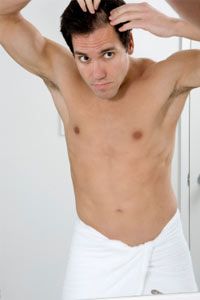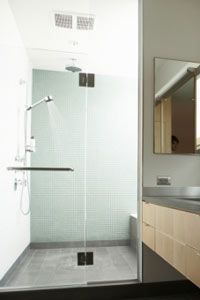On most people, pimples pop up in the same typical places -- the face, chest and back. Of course, if you walk into any drugstore, you can find a wide variety of products made specifically to treat acne on the face and body. But what do you do when pimples appear somewhere else, like on your scalp?
Pimples form on the scalp more often than most people realize. Since your hair usually hides the occasional scalp zit, you may not know you have one until you bump it with a brush or comb. But when scalp pimples become irritated or numerous, ordinary hair care, like shampooing and blow drying, can become uncomfortable or painful. And, just like with zits on the face, picking at zits on your scalp can lead to an infection.
Advertisement
While scalp pimples form the same way pimples on the face do, it can be tricky to treat pimples that are under your hair. Some acne products can bleach hair or make it look dirty, and over-treating your scalp can cause it to produce extra oil, leading to greasy hair. In this article, we'll explain how scalp pimples form and what to do to make them go away.

